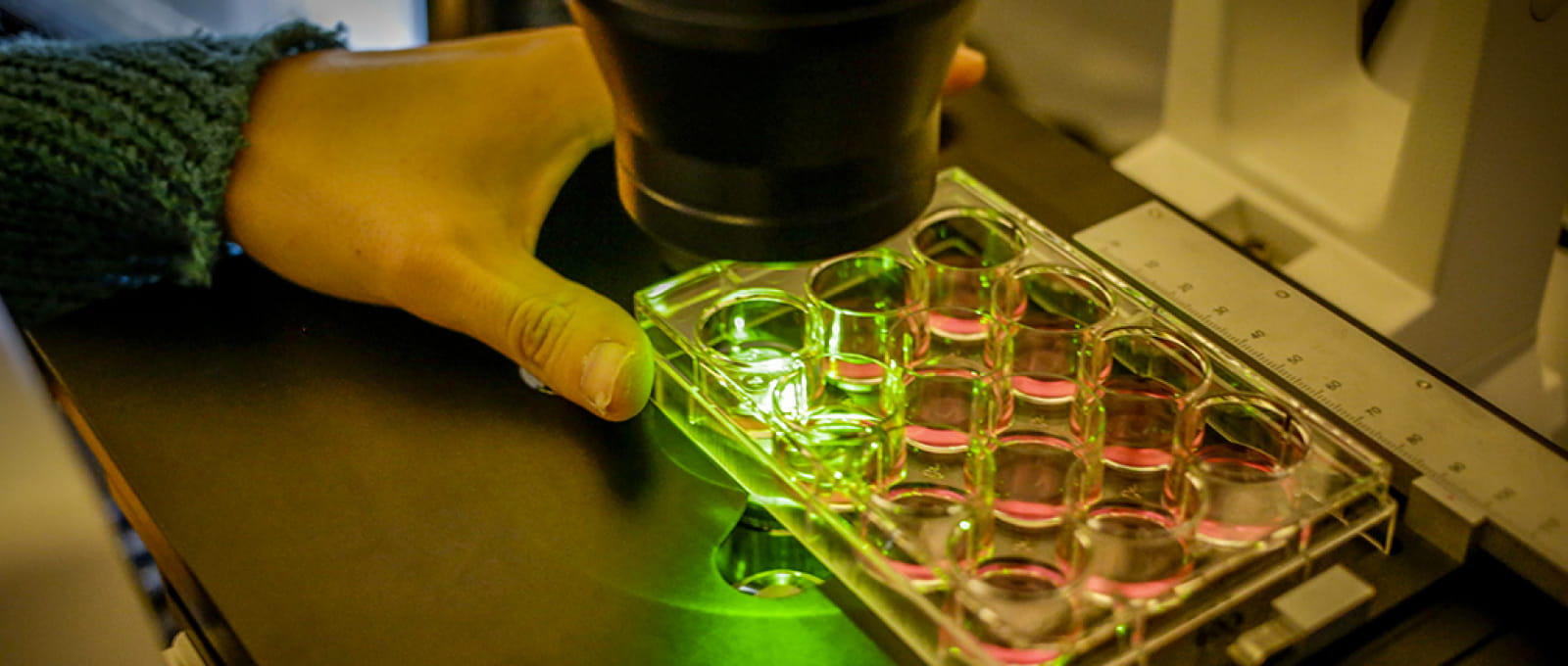Description de la soumission d'un avis
Teams associated with NeuroMarseille
ISM
The « Etienne-Jules Marey Institute of Movement Sciences (ISM)» is a Joint Research Unit (UMR 7287), under the co-administration of Aix-Marseille University and the French National Centre for Scientific Research (CNRS). The laboratory comprises about 150 members (CNRS researchers, teacher-researchers, IT/BIATSS and PhD students).
The laboratory is located on several sites within the Marseille area including the University campus of Luminy, the Sainte-Marguerite Hospital, the Faculty of Medicine at the Timone Hospital, and the site of the Institute of Technology (IUT) of Aix-en-Provence.
Over the past ten years, the ISM has developed a recognized expertise in the multidisciplinary approach to the analysis of movement. We have become convinced that understanding movement cannot rely on the identification of standardized determinants alone, but also requires an integrative approach to shed light on their dynamic interactions. The “movement system” is a novel, central paradigm guiding the research at ISM along three essential themes:
structural elements underlying movement, drawing on biomechanics, material and movement science concepts
sensory-motor, cognitive and psychological processes and determinants
bio-inspired modelling applied to the design and control of moving systems
The laboratory is recognized at the level of material biomechanics and motion sciences (constitutive domain of team 1), psychology, neurophysiology and behavioral and cognitive neurosciences (constitutive domain of team 2) and bio-inspired robotics (constitutive domain of team 3).
MMG
Located at the heart of the third largest European university hospital center, Marseille Medical Genetics (MMG) has a triple mission:
> Decipher mechanisms involved in genetic diseases
> Develop new diagnostic tools and therapeutic strategies
> Improve quality of life of patients affected by these rare diseases
By bringing together researchers and clinicians, MMG has created the optimal conditions to tackle the challenge of understanding and treating rare diseases. This is strongly facilitated by the “loop” approach from bedside to bench and back, the strong implication of patients and their advocacy groups in our research, and collaborations with industry. In addition, communication with the general public and education are strong elements of our lab’s culture.
FRESNEL
The Institut Fresnel (UMR 7249) is a joint research unit of Aix Marseille University (AMU), CNRS and Ecole Centrale Marseille (ECM), working in the fields of electromagnetism, photonics, information and imaging. The unit is mainly located on the Saint Jérôme campus in Marseille. Teams work in varied but related fields, covering theory, information and digital sciences, wave physics, biology and medical imaging. Our know-how has expanded, as have the fields of application, which, via internal or external collaborations, touch on photonics and nanosciences, materials, astrophysics, space, cellular and developmental biology, and medical sciences.
PAROLE ET LANGAGE
The Speech and Language Laboratory is a Joint Research Unit attached to the CNRS and Aix-Marseille University. It is home to an international, interdisciplinary team of 100 permanent staff members, including phoneticians, linguists, computer scientists, psychologists, neuroscientists, physicists, and physicians. The main aim of the laboratory is to study the mechanisms involved in the production, perception and understanding of speech and language.
The laboratory’s technical platform (Centre d’Expérimentation sur la Parole) is open to the outside world. It includes a range of instruments for investigating the production and perception of speech and language. It is also a key player in the Institut Langage, Communication et Cerveau (Language, Communication and Brain Institute). Lastly, the LPL’s documentation center is an essential research and training tool open to the community and students.
CIML
Exploring the functions of immune system sentinel cells at the brain’s borders to control neuroinflammation The Central Nervous System (CNS) is protected by the meninges, a three-membrane envelope that provides a structure in which a myriad of sentinel cells, resident in the innate immune system, block threatening pathogens or activate the adaptive immune system in response to inflammatory reactions. The recent discovery of this complex and dynamic innate meningeal immunity means that the development of new targeted therapeutic agents for the treatment of neurological disorders is conceivable.
ISM team: DynamiCC: Behavioral Dynamics and Cognition
DescriptionSARLEGNA Fabrice
CEYTE Hadrien
SLEIMEN-MALKOUN Rita
PAROLE ET LANGAGE team: Language and Speech Dynamics
DescriptionClément François
Elin Runnqvist


